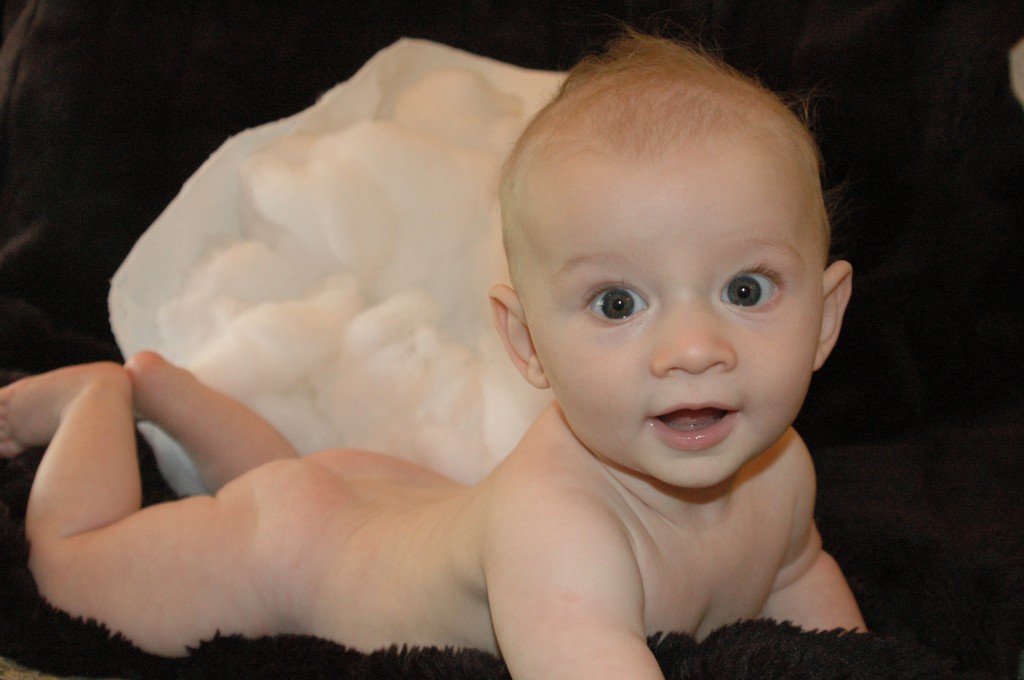BPA Effects: Why We Need to Take Extra Care with Our Babies
The developing fetus and baby are the most vulnerable to BPA and their toxic effects. Sadly, babies are often exposed to more BPA than any age group, studies have even shown they are highly vulnerable during pregnancy.
“Prenatal exposure, even in very low doses, can cause irreversible damage in an unborn baby’s reproductive organs.” According to Marc Goldstein, M.D, director of the Cornell Institute for Reproductive Medicine. He also states “Fertility rates have been declining for quite some time now, and exposure to synthetic estrogen—especially from the chemicals found in plastic products—can have an adverse effect.”
Although completely eliminating exposure to BPA may not be possible, there is good reason to take every step you can to reduce your babies exposure. The FDA estimates that babies have 12.5 times more BPA exposure than adults, and EWG is concerned that FDA underestimates exposures for many babies.
BPA Effects: Where Are Babies Exposed and How to Reduce Exposure?
- Many parents have replaced their polycarbonate baby bottles, but they may be unaware that BPA contaminates liquid baby formula sold in metal cans. For babies not being breastfed formula may make up 100% of a baby’s diet over her first 6 months of life, choose your baby formula carfully in order to minimize potential exposure to BPA’s.
- Glass and Stainless steel are the safest and most durable option. Some metal water bottles are lined with an epoxy-based enamel coating and could leach BPA, as we’ve seen this with the Sigg scandal. Be extra vigilant.
- If you are a nursing mom be aware of potential exposure in your pumping system, be sure the storage you are using is BPA-free.
- Never microwave baby food or drinks in any plastic containers, heating increases BPA leaching.
- Canned foods are one of the biggest sources of BPA exposure – with so much of the exposure on this topic focusing on plastic containers this fact can get overlooked. BPA’s is used in the epoxy liner of most canned foods, be sure to limit the use of canned goods as much a possible. EWG tested 97 canned foods and found detectable levels of BPA in more than half of the foods. Canned meats, pasta & soups fared the worst in testing. Pregnant women and children should limit their consumption of canned foods to avoid BPA.
More About Plastic:
- With BPA in the headline now for some time, most manufacturers now make BPA-free baby plastic bottles. If you are using plastic, be sure the bottles you are using are BPA free.
- Polycarbonate plastics are rigid, transparent and used for food storage containers and water bottles, among other things. Trace amounts of BPA can migrate from these containers, particularly if used for hot food or liquids.
- Avoid polycarbonate for babies food and drinks. This plastic might be marked with the recycling code #7 or the letters “PC”.
- Wash plastics on the top shelf of your dishwasher or by hand. Avoid using old and scratched plastic bottles.
If you must use plastic:
- Plastics with the recycling labels #1, #2 and #4 on the bottom are better choices because they do not contain BPA
- Soft or cloudy-colored plastic does not contain BPA.
A note about sourcing: A good deal of the information in this piece came from the EWG, I went back and just couldn’t find the exact pages. My sincere apologies for not having direct links and let me know if you stumble on it – I’d love to add it/them.









{ 2 comments… add one }
It is sad that babies may be exposed more than any of us. Their tiny bodies do not deserve to be exposed to toxins, chemicals and other harmful substances. We have to do better!
Great post….good reminders of how to minimize bpa exposure. Hopefully the US will follow other countries in banning BPA completely. As an added precaution, we only carry glass baby bottles from Lifefactory in our baby boutique.